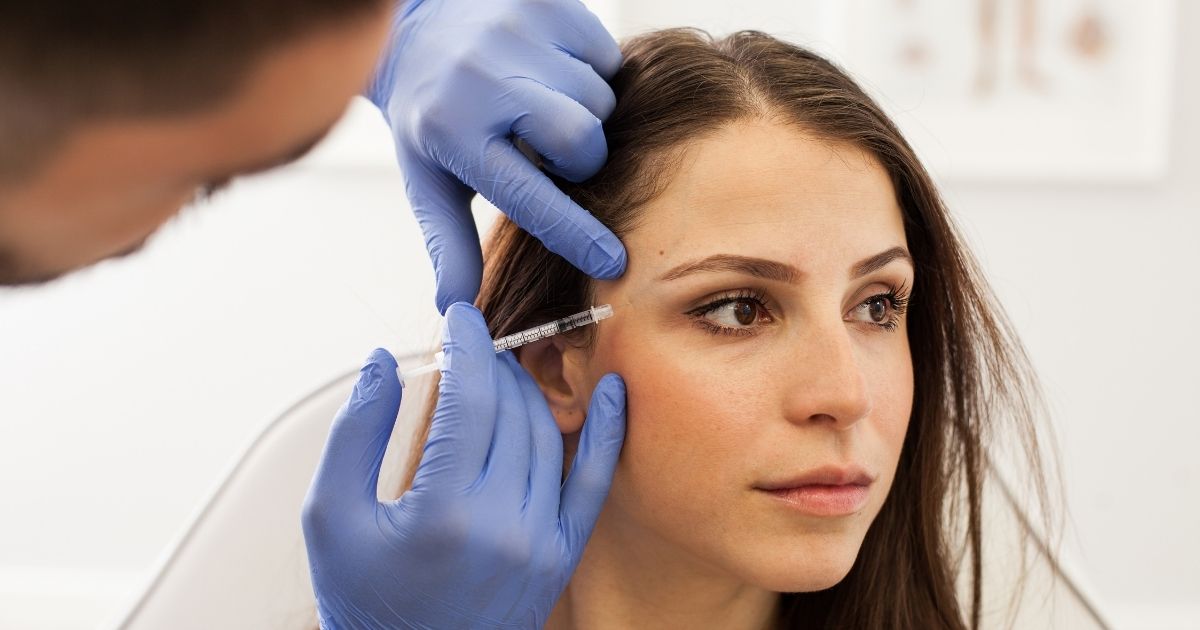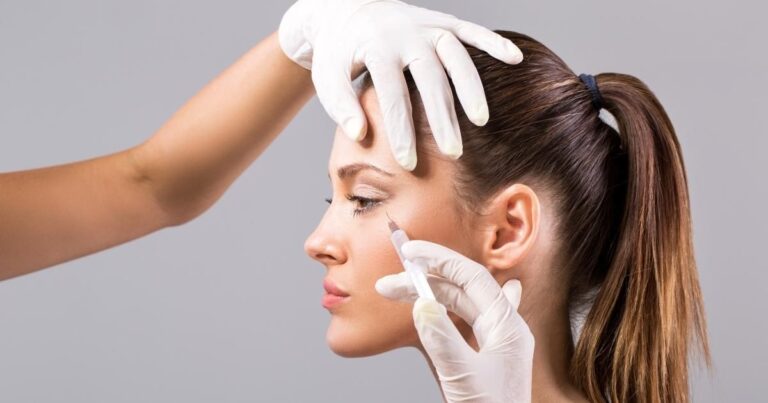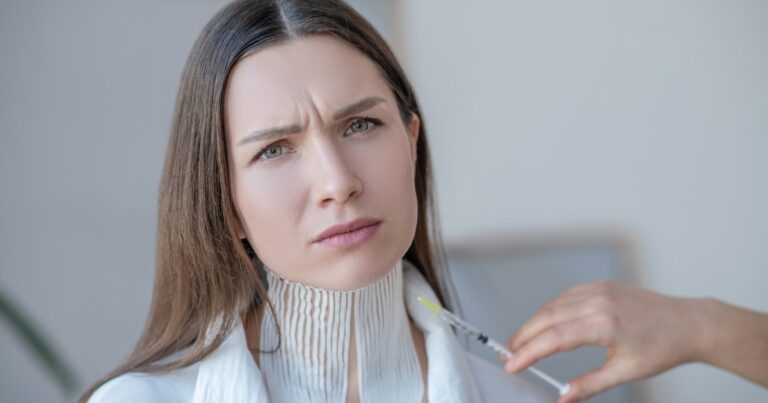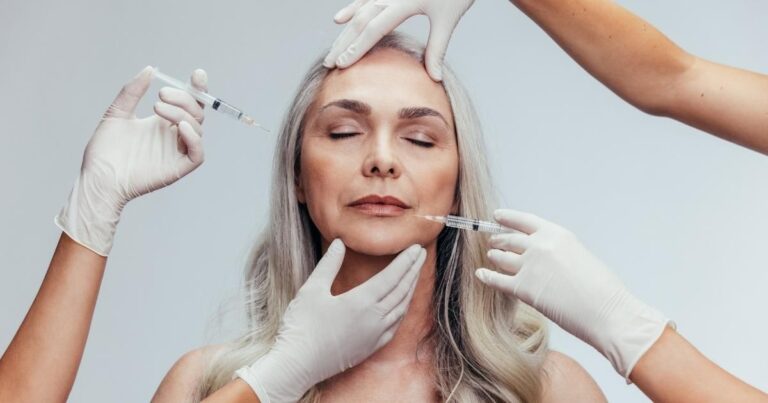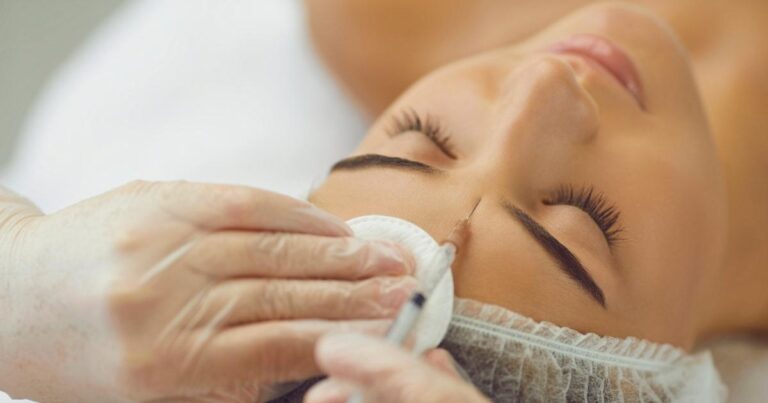Understanding the compatibility of Botox with veganism can be challenging. Vegans often have concerns about the production process and ingredients involved. We examine the production process, veganism perspectives, and potential alternatives to help vegans make informed decisions regarding beauty treatments.
Bridging the Gap between Botox and Veganism: An In-Depth Look
The use of Botox among vegans has sparked an ongoing debate within the vegan community. In 2023, approximately 1.1% of the global population identifies as vegan, and many are interested in aesthetic treatments. However, the production and testing of Botox involve animals, which contradicts the core vegan principle of non-exploitation. This creates a dilemma for vegans who desire the anti-ageing benefits of Botox.
While Botox itself is not derived from animal products, its testing on animals poses an ethical concern for vegans. Consequently, many vegans seek alternative treatments that are cruelty-free. The beauty industry has responded by offering a range of vegan-friendly products, but finding a genuinely vegan alternative to Botox remains a challenge. As awareness and demand for ethical beauty treatments continue to grow, it is hoped that the future will bring innovative solutions that align with beauty aspirations and ethical convictions.
Does the production of Botox involve any animal products or testing, making it incompatible with veganism?
Botox is a medicine that some people use to look younger or to help with certain health problems. Nonetheless, vegans might wonder whether it’s okay to consume. Let’s take a look:
Book A Consultation With Dr Tarek Bayazid
Top-rated Plastic Surgeon For Botox in Dubai
Installment Plan Available
- Animal Testing: Sadly, Botox is tested on animals. Taking this step ensures people’s safety. However, testing on animals is something vegans usually want to avoid.
- Animal Products: Botox is made from bacteria, not from any part of an animal. But, the way it’s tested does involve animals, which is not in line with vegan beliefs.
- Vegan Principles: Vegans don’t want to harm animals or use products that do. So, because Botox is tested on animals, it may not be seen as vegan-friendly.
Are there vegan-friendly alternatives to Botox available in the market?
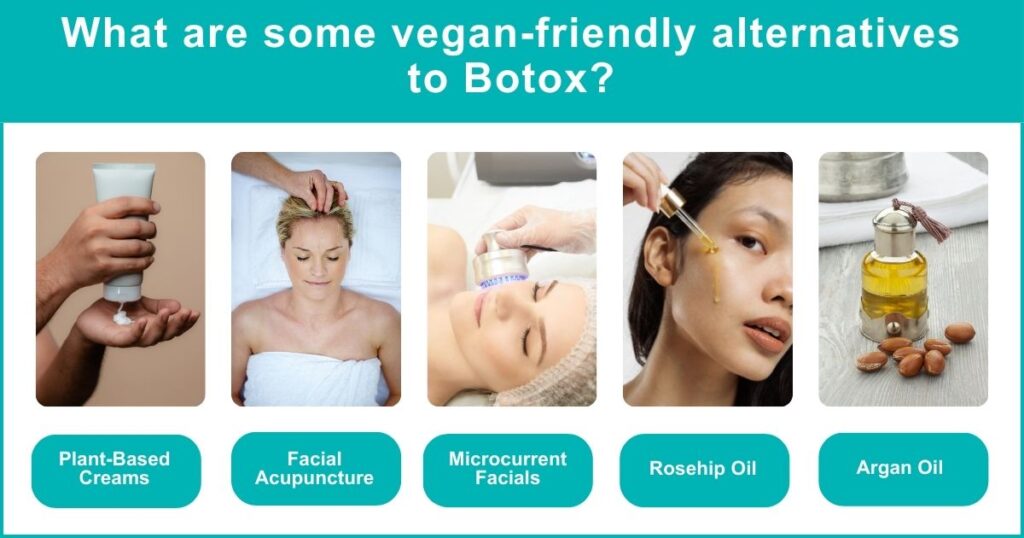
Botox might not be vegan but don’t worry; there are other things you can use. They are:
- Plant-Based Creams: These are made from plants and work to make your skin look good.
- Facial Acupuncture: This uses tiny needles to help your skin. It’s a natural and vegan-friendly choice.
- Microcurrent Facials: This is like a workout for your face, and it’s also totally vegan-friendly.
- Oils: Some oils, like rosehip and argan, can keep your skin looking young and healthy.
Has any official statement or stance from vegan societies or organisations on using Botox?
Many groups that care about veganism have shared their thoughts on Botox. Here’s what they think about:
- Animal Rights Groups: These groups often do not support Botox because it was tested on animals.
- Vegan Societies: They encourage people to make choices that don’t harm animals, which might mean saying no to Botox.
- Beauty Experts: Some beauty experts who are also vegans have talked about using natural alternatives to Botox.
- Health Organisations: These groups remind us to make good choices for our bodies and that we don’t always need things like Botox to look good.
See related: Botox for Eyebrow Lift
How do the ingredients of Botox conflict with vegan principles?
Here’s a table that outlines how the ingredients and production process of Botox can conflict with vegan principles:
| Botox Ingredient/Production Process | How it Conflicts with Vegan Principles |
| Botulinum Toxin (the active ingredient) | Although this toxin is produced by a bacterium (which does not conflict with vegan principles), it is often harvested and processed in a lab environment which may use animal-derived media for cultivation. |
| Albumin (a protein stabiliser) | This is typically sourced from human blood plasma but can sometimes be derived from animal sources, which would conflict with vegan principles. |
| Animal Testing | Botox has historically been tested on animals to ensure its safety for human use. This practice directly opposes vegan principles of non-harming and non-exploitation of animals. |
| Manufacturing and Purification Processes | While not involving direct animal ingredients, these processes can sometimes use animal-derived substances or substances tested on animals. This indirect involvement may still conflict with strict vegan principles. |
What are some testimonials from vegans who have chosen to use or not use Botox?
People who follow veganism have different views about Botox. Here are some instances:
- It feels good to use Botox: Some vegans believe Botox helps them feel good about themselves and is okay to use.
- Choosing Not to Use: Others think Botox doesn’t match their vegan beliefs because of how it’s made and tested.
- Feel Conflicted: Some vegans aren’t sure what to think because they want to look younger and be true to their vegan values.
How does the availability of vegan-friendly alternatives influence the decision of vegans to consider Botox?
Having other choices can make a difference for vegans thinking about Botox. Here’s why:
- More Choices: People might choose those over Botox when other treatments are vegan.
- Feel Comfortable: Vegans may feel more at ease using treatments that don’t involve animals.
- Matches their Beliefs: Vegan-friendly alternatives align better with their principles of not harming animals.
What are the potential future developments in creating a fully vegan-friendly Botox treatment?
There are always new ideas coming from scientists and doctors. They might even find a way to make a vegan Botox one day. Here’s what they might do:
- Plant-Based Ingredients: They could find plant-based things that have the same effect as Botox.
- No Animal Testing: They might find better ways to test safety without using animals.
- Better Production: They could change how Botox is made so it’s more vegan-friendly.
The compatibility of Botox and veganism remains a contentious issue. While Botox is not derived from animal products, its testing on animals and potential use of animal-derived substances in production may make it unsuitable for those adhering to strict vegan principles.
As the beauty industry continues researching and developing vegan-friendly alternatives to Botox, we might see a truly vegan Botox. The key is staying informed and choosing treatments that align with your beliefs and values.
Making decisions regarding Botox and vegan alternatives can be complex, and seeking professional guidance can be highly beneficial. Dr Tarek specialises in working with vegan patients and can offer expert advice customised to your specific needs and values.
Whether you have inquiries about Botox, vegan-friendly options, or other skincare concerns, we encourage you to schedule a consultation with Dr Tarek today. His goal is to assist you in achieving healthy, glowing skin that aligns with your vegan lifestyle.
